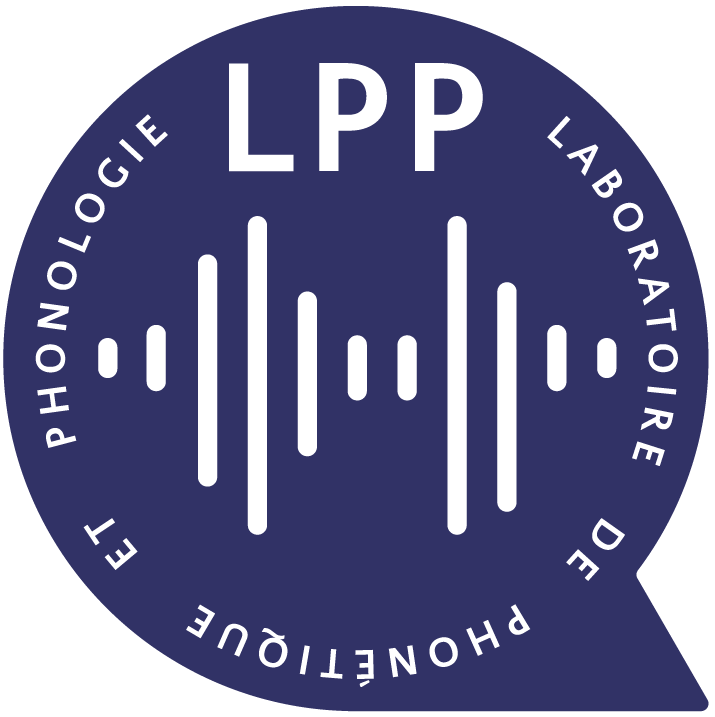Auditory perturbation tasks provide insight into the use of auditory feedback during speech, which is useful for understanding the nature of speech disruptions in individuals with Parkinson’s disease (IwPD). Prior studies1,2 have investigated acoustic responses to formant perturbations in IwPD, however no study has examined the articulatory kinematic correlates of these responses, raising the question of whether articulatory kinematics may demonstrate motor changes that are not captured acoustically. In this study, we assessed 33 IwPD and 25 control speakers (CS) on their acoustic and kinematic responses to a gradual perturbation in the first and second formant (F1 and F2). In the talk I will present the first results from the study, including how group (IwPD vs. CS) and other variables of interest (e.g., disease severity) impact adaptation as seen in acoustics (F1 and F2; captured with a microphone) and kinematics (tongue and jaw height and frontness; captured with electromagnetic articulography sensors).
1Abur, D., Subaciute, A., Daliri, A., Lester-Smith, R. A., Ashling, L., Cilento, L., Enos, N. M., Weerathunge, H. R., Tardif, M., & Stepp, C. E. (2021). Feedback and Feedforward Auditory-Motor Processes for Voice and Articulation in Parkinson’s Disease. Journal of Speech, Language, and Hearing Research, 64(12). https://doi.org/10.1044/2021_JSLHR-21-00153
2Mollaei, F., Shiller, D. M., & Gracco, V. L. (2013). Sensorimotor adaptation of speech in Parkinson’s disease: Speech Motor Adaptation. Movement Disorders, 8(12). https://doi.org/10.1002/mds.25588


